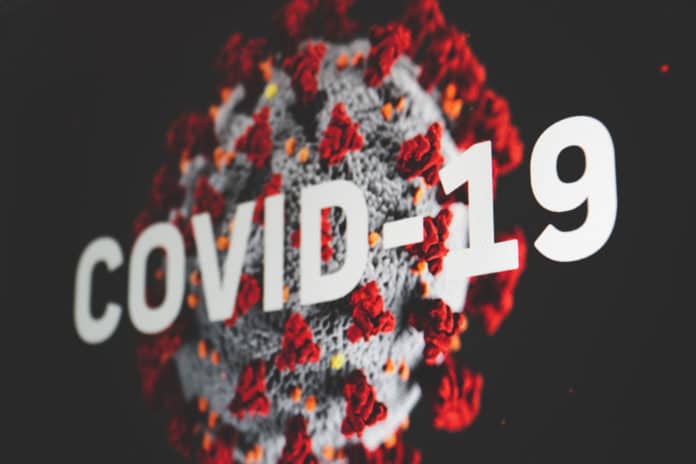Two Minnesota residents joined Liz Collin on her podcast last week for an in-depth look at the data surrounding COVID-19 deaths.
Marana Muse spent upwards of 1,500 hours studying information she obtained from the Minnesota Department of Health and uncovered “illogical” data.
Muse had two people in her life die from conditions unrelated to COVID-19 itself but “indirectly related to how we responded to COVID.” So she began to dig for any COVID-related death data she could find from both MDH and the CDC.
Muse’s father passed away from liver cancer in the fall of 2020 after being denied elective procedures earlier in the year. He also received a late diagnosis because COVID-19 patients were given first priority, according to Muse. He contracted COVID-19 but also had comorbidities like hypertension, diabetes, and COPD.
In a similar situation, her good friend died of cancer after a late diagnosis. She attempted to seek emergency medical help and was turned away because those with COVID-19 took precedence, Muse said.
After these incidents, Muse began her research.
“I started to learn everything I could about the information on [the MDH website]. Then I started extending into the CDC resources. I even stumbled across Vice President [Mike] Pence’s guidance on reporting for COVID,” Muse said.
She discovered an interesting piece of guidance in that report: hospitalization reporting for COVID-19 was to include “either perceived positive or positive tests — so people that were in the hospital with COVID as opposed to due to [COVID].”
“If that would happen to hospitalizations, naturally that would be happening with deaths,” Muse said.
Muse decided then that she wanted to look at the deaths herself and she obtained an email address from her congresswoman for the Office of Vital Records. She went through a screening process, paid $20, and received a spreadsheet “within a day,” she said.
The spreadsheet contained all information for COVID-19 deaths in Minnesota, including more information than would be found on the actual death certificate — there were over 200 columns of information for each death.
Related to COVID-19, Muse found 10,903 death records from 2020 and 2021.
“I started doing queries on what people were dying from, who was dying at what ages, etc.,” she said.
She took a one-hour educational class offered by the CDC on how to code COVID-19 deaths. Muse said she took the class, which physicians could get credit for, four times and took “copious notes.”
“What struck me as odd is they specifically told you how to code the death certificate correctly for COVID,” she said.
The CDC class taught that “if something didn’t contribute to the death, don’t put it in there,” Muse said.
“So indirectly, they were saying if COVID didn’t contribute, don’t put it on there. But then in another breath, they said for historical purposes we want to know who had COVID, so if you think there was COVID, or they tested positive, that should be included,” she added.
Muse shared that her father’s death certificate did not include the many comorbidities he had.
“If you were to look at my father’s death certificate, you would think a perfectly healthy 70- plus-year-old passed away of COVID, [which] 100% wasn’t the case,” she said.
In the death data that she obtained, Muse found that only 291, or 2.67%, of the 10,903 deaths listed “COVID only” as the cause of death, meaning there were no comorbidities.
Writer, researcher, and retired attorney Greg Pulles also joined Collin and Muse. In this research, Pulles said they found that “70% of these people had three or more comorbidities, 50% had four or more, 32% had five, and 21% had six or more.”
“I don’t have the authority to make any decisions here, so me having the lightbulb turned on is rather worthless; it doesn’t change how we approach things in this state,” Muse said.
Muse and Pulles want a “healthy debate” on how leadership and institutions should deal with future pandemics.
“We have all this amazing data — why not take a little bit of time, effort, and energy and understand what that data tells us and learn how to use that information to do things better going forward?” Muse said.
LISTEN:

















